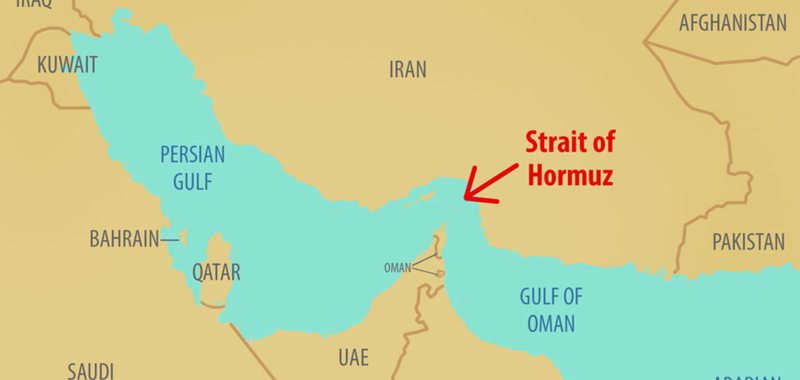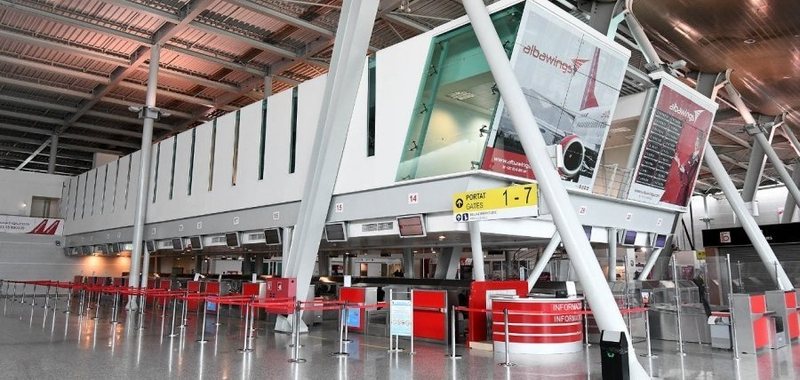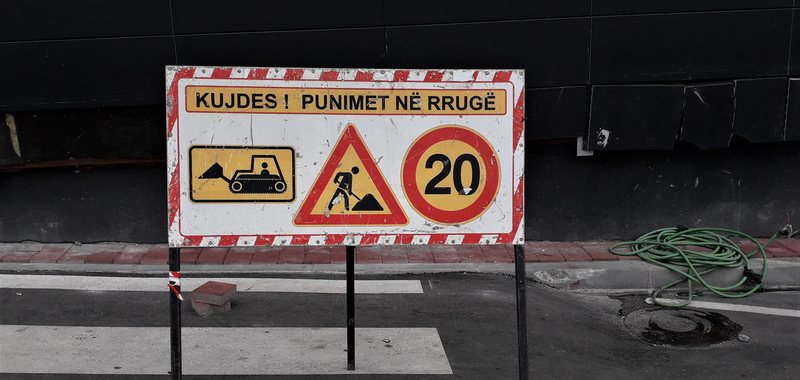Europe reduces working hours - In which countries is the biggest change observed?

Workers in Europe are gradually reducing their working hours. Over the past 10 years, average weekly working time has fallen by one hour in the European Union. In almost half of the 34 European countries, the decline was even greater.
According to Eurostat, in 2024, the actual weekly working hours for full-time and part-time employees aged 20 to 64 in their main job ranged from 32.1 hours in the Netherlands to 39.8 hours in Greece. When EU candidate countries, EFTA members and the UK are included, the highest figure was recorded in Turkey (43.1 hours).
People in Southern and Eastern European countries tend to work longer hours, with figures particularly high in EU candidate countries. Following Turkey, which tops the list with 43.1 hours, are Serbia (41.3) and Bosnia and Herzegovina (41.1). The other countries in the ranking also belong to the same region: Greece (39.8) and Bulgaria (39). These countries generally have lower wages, higher informal employment and less part-time work.
Western and Northern European countries have shorter working weeks. The Netherlands (32.1 hours), Norway (33.7), as well as Austria and Denmark (33.9) all report significantly fewer weekly working hours. These regions are characterized by strong labor protections, higher productivity, and widespread use of part-time work and flexibility.
Among Europe's largest economies, the UK and Spain (both 36.4 hours) and Italy (36.1) report the highest working hours, all above the EU average. However, the UK data dates back to 2019, so the actual figure may actually be lower.
When comparing weekly hours between 2014 and 2024, only four of the 34 countries analyzed saw an increase. In three of these countries, the increase was minimal: Lithuania and Cyprus (both by 12 minutes) and Malta (6 minutes). Serbia was the exception, with a significant increase of 1.7 hours. Weekly working time remained unchanged in France, while the decrease was less than half an hour in Italy, Sweden and Latvia.
In 16 of the 34 countries, weekly time fell by more than an hour, exceeding two hours in some cases. Iceland (3.5 hours) closely followed leader Turkey (3.8 hours). Belgium and Luxembourg also recorded significant declines of 2.5 hours each.
According to researchers, the decline in working hours is linked to the growing prevalence of non-standard forms of employment, mainly part-time positions. These jobs have increased mainly because the number of women working has increased and because there are more vacant positions in service industries.
Full-time employees are working roughly the same number of hours as they did in the 1980s. The self-employed are working fewer hours than before, as more of them are shifting to part-time work. However, they still spend more hours at work on average than others.

The role of the Strait of Hormuz in global trade - How could its blockage affect oil supplies?
Iran's IRINN news agency reported that Iran is considering closing the Strait of Hormuz as the conflict with Israel intensifies. The move would raise oil......

G7 leaders meet in Canada - Focus on Israel-Iran conflict and Trump tariffs
Leaders of the Group of Seven major economies gathered in the Canadian Rockies, with the Israel-Iran conflict expected to top the agenda. Canadian Prime......

Israel-Iran war, limited effects on markets - "If the Strait of Hormuz is closed, oil could rise to 100 USD per barrel"
The conflict between Israel and Iran has entered its fourth day, with the focus of attacks on the infrastructure or oil and gas reserves of both......

Civil Aviation/Balluku: The main pillar of the success of Albanian tourism!
Deputy Prime Minister, Belinda Balluku, also Minister of Infrastructure and Energy, shared a message on social media today regarding the increase in traffic......

Seven streets in Tirana will be rehabilitated - From "Him Kolli" to "Maksut Dërrasa". The Municipality opens the 358 million lek tender
The Municipality of Tirana has opened two tenders with a total limit fund of 358 million lekë for the rehabilitation of seven roads. The first tender worth......

American Chamber, comments on the PPP draft law - ATRAKO to report to the Albanian Supreme Audit Office, not contracts approved with legal exceptions
The American Chamber of Commerce in Albania has commented on the draft law "On Concessions and Public Private Partnerships", issued for public consultation,......

"Southern Europe against Overtourism" - Residents demand measures to protect communities from the "crowd" of visitors
Thousands of people took to the streets of cities in Southern Europe to protest against overcrowding, shooting water guns at shop windows and lighting smoke......

The government will take on less domestic debt. 67.2 billion lek of government bond issuances are planned in the third quarter.
The Albanian government plans to take on 67.2 billion lek of domestic debt in the third quarter. The Ministry of Finance has published the calendar,......


















